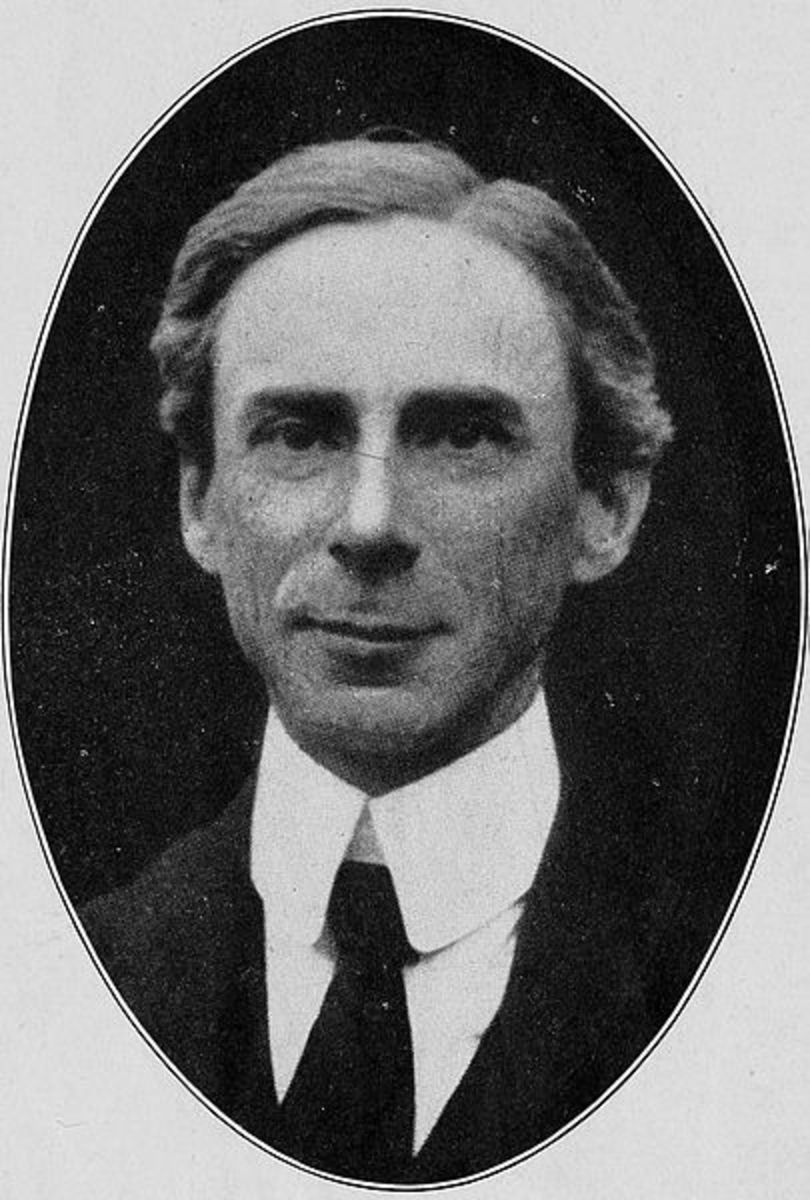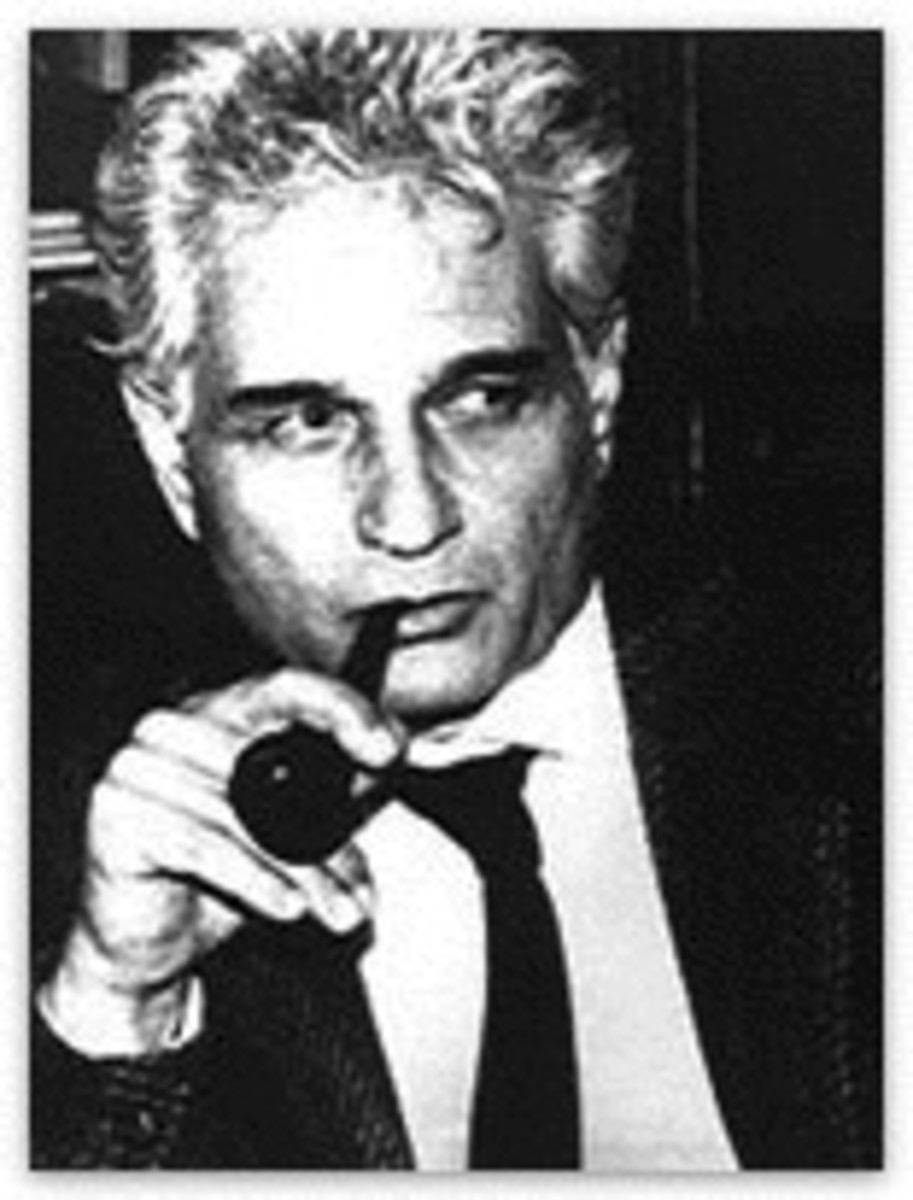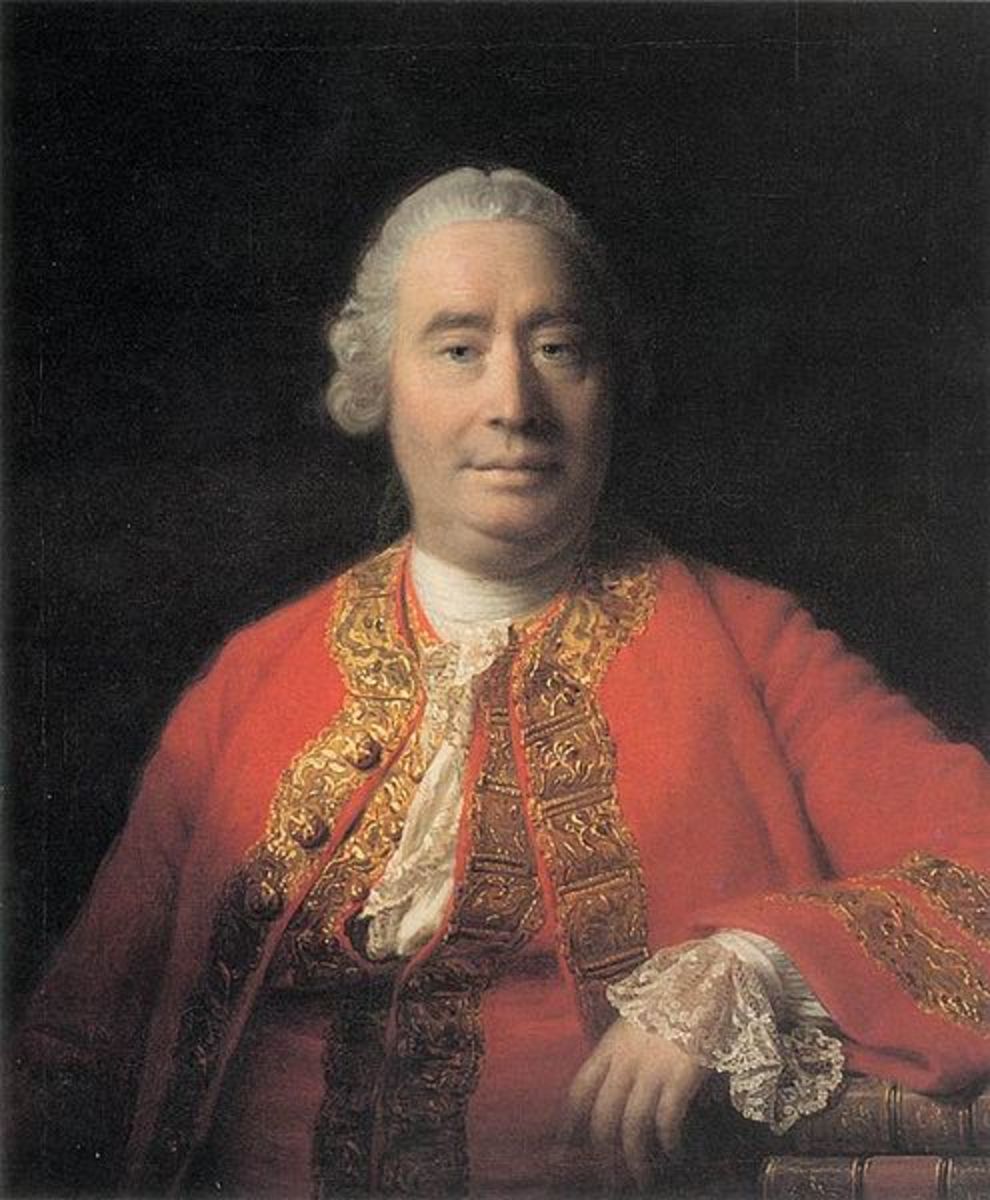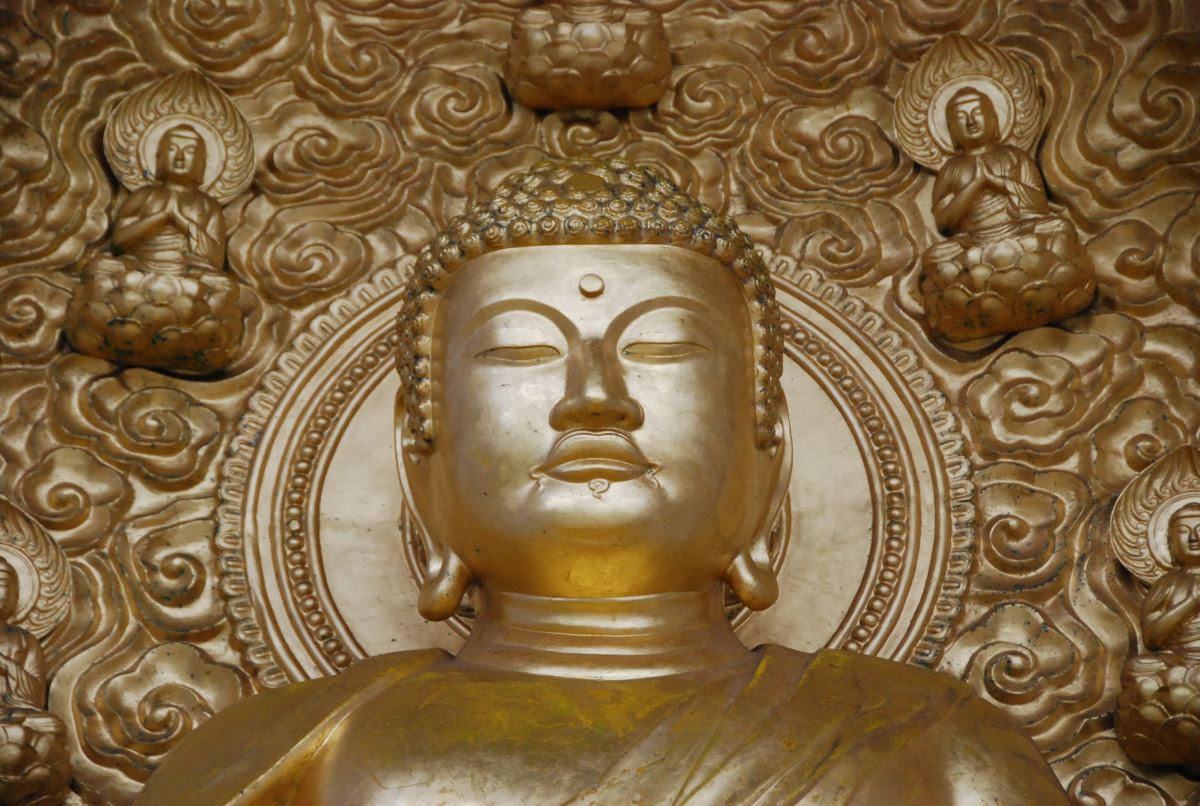Key Concepts of the Metaphysics of Immanuel Kant
Immanuel Kant was an 18th century German philosopher who is responsible for the foundations of modern deontological (rule based) ethics and for attempting to synthesis the views of 17th and 18th century rationalists and empiricists to resolve the major philosophical conflicts that had obsessed the last two centuries. Many consider Kant to be the most important philosopher of the modern period and many scholars consider him to be the most important single philosopher in the history of human civilization. Unlike most major philosophers, Kant wrote most of his major works later in life and had lived a quiet life as a professor of philosophy in his hometown, having never once left the city limits. Kant was a rationalist being heavily influenced by the works of Gottfried Leibnitz until reading the works of David Hume. Said Kant, “Hume awoken me from my dogmatic slumber,” and he set out to solve the problems that Hume had proposed in his radical works.
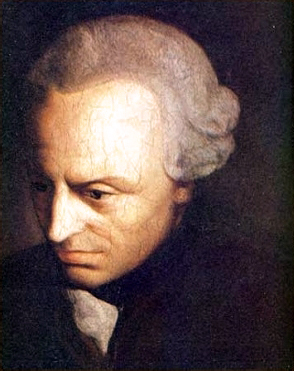
Kant’s major work Critique of Pure Reason starts as a response to the concerns of empiricist and rationalist thinkers and then goes off in a totally new direction. The next year Kant wrote Critique of Practical Reason, an outline of his moral philosophy that would forever change how human beings thought of moral reasoning and would remain, along with Utilitarianism and Virtue Ethics, the three major ethical theories that are taken most seriously by contemporary philosophers. What follows is a summarizing of Kant’s metaphysics with another second hub dedicated to his ethical views.
Rationalists vs. Empiricists
Kant believed that the empiricists were correct when they stated that most knowledge did indeed come from experience but he objected to Hume’s view of mathematics and scientific methodology. Kant stated that most knowledge is “a posteriori” (from experience) and some things are indeed “a priori” (before experience) but these included the most rudimentary concepts of things that are self-evidently true. (A = A) Hume had proposed that mathematics are relations of ideas and that these ideas are reflections on our impressions. (see hub on Hume.) Kant proposed a designation that he called “synthetic a priori” which he based on the idea that mathematics were a priori concepts that are evaluated through a series of rules or language. The mathematics themselves did not come from any impression to create an idea and in this way mathematics could not be simply a “relation of ideas” as Hume had claimed.
As for science, Kant thought that science proceeded in the same manner. It is through a series of rules, such as the scientific method, that we observe experimentation. Without rules from which to guide us, these based on “a priori” concepts then we could never use science effectively. This was the beginning of Kant’s answer to Hume’s criticisms of science though he still needed to lay down the foundations for what would make these concepts true.
Kant agreed with Hume on the concept of “impressions” as sensory data, but Kant thought that these perceptions of the senses were essentially passive information. Kant thought a lot of human perception was based on “intuitions.” What he means by intuitions is that these are leaps that we come to in our imagination based on inferences made from past and future sensory data. The data itself is not the source or our reality, Kant was saying, but our mind puts these sensory impulses in a coherent order. This is how we perceive concepts such as time and space that allow us the foundations of rules that we use to collect scientific data.
Kant claimed that “the understanding” is a set of rules and concepts based on three categories. The first category, Consciousness, is a representation of the empirical self. To Kant, a point of view is necessarily a part of the understanding of anything. Perceptions of objects are representations of our consciousness, and while we are able to know facts about the world through our conscious experience, this experience is distorted by the fact that we must have a perspective and necessarily must interact with the universe through the limitations of a human being. Because of this we can never know what something is “in itself” but both the object and the observer “mutually determine” each other.
The second category is “the self.” Kant addresses Descartes and Hume’s concepts of the self by saying that we have no direct intuition of the self but have an empirical self which is determined by relations of time and space. Unlike objects that are outside us, we have no representation of the self and we can only have any perception of what the self is after the fact of experience. In this way, we cannot be sure of the absolute self and what that is but only can have the perception of a kind of impersonal ego that makes up our conception of the self.
The third category is reason. Reason is our faculty from which we construct bigger unifying ideas. Kant argues that human beings have a compulsion to know the whole picture of things despite the impossibility of doing so and reason is what we use to fill in the gaps and create a coherent idea of what the world truly is like. Kant argues that this faculty also has a practical use in that it can also set goals and norms. For Kant this would form the basis of a morality based on “practical reason” and would be the foundation of his ethical theory.
From these concepts of reality Kant would build his ultimate argument called “The Transcendental Deduction” and this argument is too convoluted and complex to go into in this hub but in short Kant establishes a number of categories of intuitions and attempts to use them as a justification of a “manifold” that is representative of our conscious views on reality. The Transcendental Deduction is an application of these intuitions to “every possible experience” to give us some knowledge about the nature of reality.
Hume and Cause and Effect
One goal that Kant was particularly interested in was a refutation of Hume’s perspective of cause and effect. David Hume had made the observation in his work that “correlation does not equal causality” and claimed that what we link to cause and effect is simple induction based on repetition. We see one event happen a number of times and then we assume that it will always happen this way but we have no proof that this is necessarily the case. It was Hume’s view that there was something missing from our assumption that one event causes the other. Kant seemed to think that Hume was denying that cause and effect even existed at all but there are many philosophers who do not accept this notion and think Hume actually believed in cause and effect and was merely pointing out that there was a problem in our ability to know for certain causal relations through our interactions with the empirical world.
Kant begins his argument by trying to prove that cause and effect is a necessary part of the way the universe is made up. He thinks that if Hume was correct then the manifestation of reality would be a series of jumbled events. There could be no rules that govern math or the laws of physics. This goes back to Kant’s idea of “synthetic a priori” knowledge in which concepts are related through rules and this somehow tells us something about the physical world. Kant’s argument is called the “Doomsday Argument” where he states that if the universe doesn't follow certain rules the random series of events would lead to an unstable universe that would destroy itself almost immediately. There are rules that keep the continuity of experience together and because of this we know that Hume’s version of cause and effect (as Kant sees it) simply cannot be true. Like I previously said, many feel that this is redundant since Hume was not outright denying cause and effect anyway but Kant felt it necessary to prove that cause and effect was a necessary part of the universe.
Kant uses a number of analogies to make his point about cause and effect but like the rest of his arguments in Critique of Pure Reason it is based heavily on the idea of certain rules and laws being necessary to govern the universe. He states that cause and effect goes back to our intuition of time as we experience it. We perceive change through time but change cannot be perceived without a constant. There are constant principles in which we see change and these series of changes are like links in a chain. We may not be able to predict the exact events that occurred before they happen through induction but once events have been set in motion we can go back and see how these events occurred and one led to the other.
Kant uses an example off a ship going downstream. After we have perceived a series of events of the ship traveling downstream we can imagine that it could have gone another way but only by changing the series of events in some way. The events that occurred are necessary to each other for the result to have happened in a particular way. If we switch one event out for another then we can see that the result has changed based on our changing of events. We can not, however, simply change events randomly and expect to get a result that we want. In fact, we have to be very careful about what we change because the way events occurred are so fragile to the outcome. To Kant, this basically proves that cause and effect occurs even if he still agrees with Hume that we cannot use it to predict events a priori.


